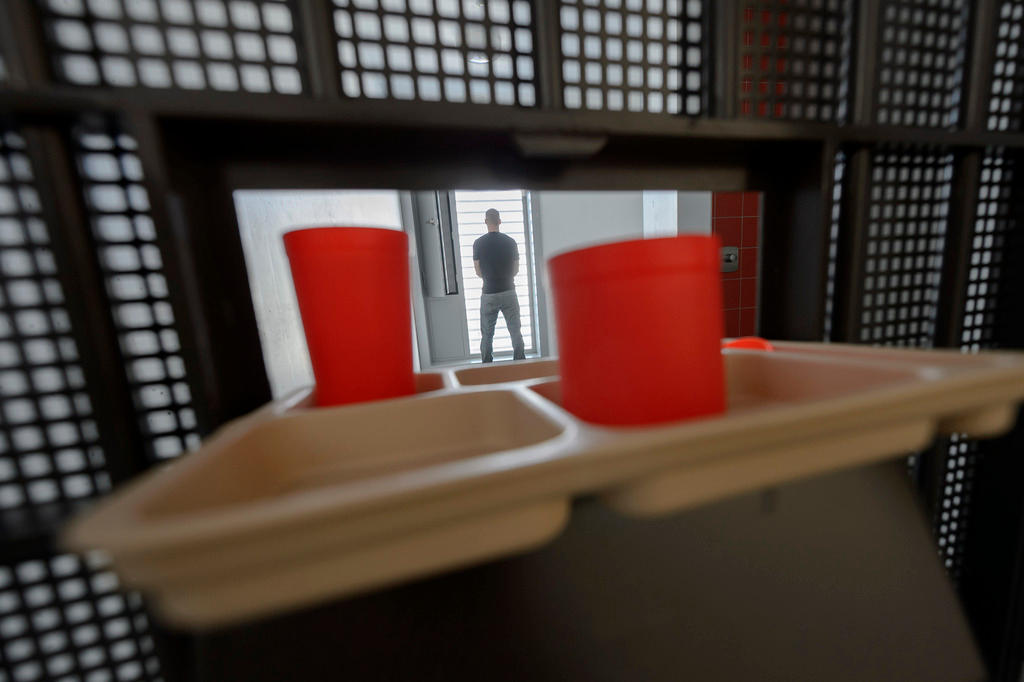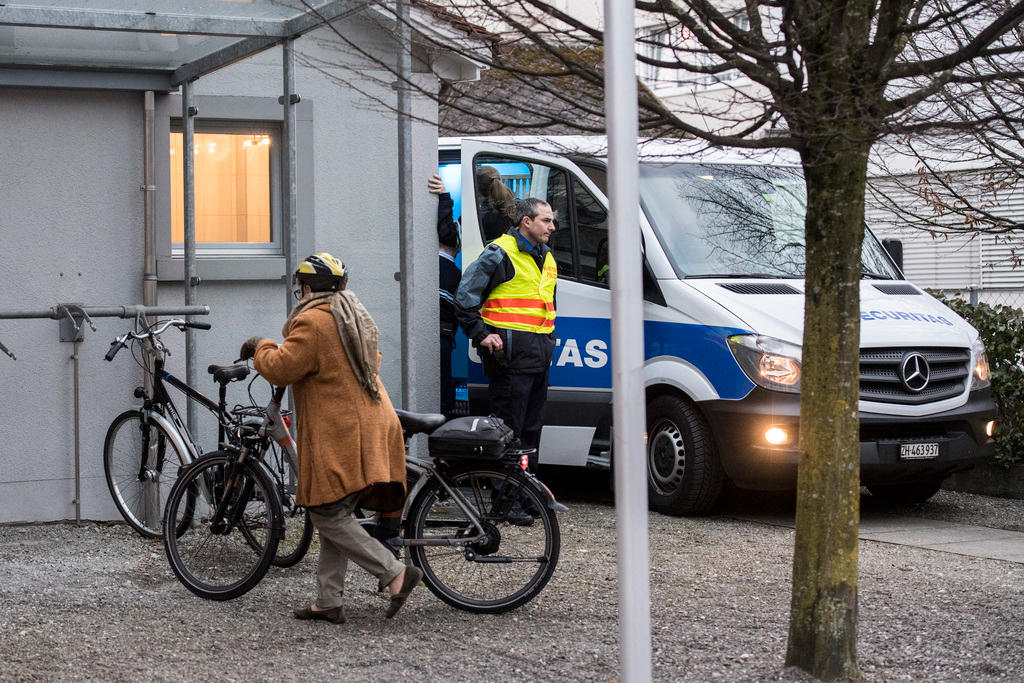Citizens take softer approach to sentencing than judges

If they had the chance, Swiss residents would give more lenient court sentences than judges – except in rape cases, new findings have revealed.
Researchers at Neuchâtel University carried out similar studies in 2000, 2007 and 2015 in which members of the population and Swiss judges were asked to give sentences in four different fictive court cases. These included a speeding driver who was a repeat offender, a burglar who robbed a small shop, a gang rape and fraud involving a banker.
“In the three studies, most citizens gave more lenient sentences than judges, except for the rape case, where people were tougher,” said André Kuhn, professor of criminology and criminal law at Neuchâtel University. “You cannot say that the Swiss justice system is too lax.”
In the most recent 2015 study, judges gave the speeding driver an average sentence of 13.6 months, the burglar 16.6 months, the rapist 53.7 months and the fraudster 24.2 months.
For members of the public, responses at first revealed average sentences that were mostly higher than this (17.6 months, 34.9 months, 146.1 months and 20.7 months, respectively). However, Kuhn argues that this was due to distortion of the data by a small, “ultra-punitive” group of respondents who “had a quite low level of education, lived in large cities and were not interested in politics”.
Kuhn said in the case of rape cases, perception between judges and the population changed from 2007 onwards.
Unlike the judges, residents were more indulgent towards the banker, he added: “Our theory is that in the case of the banker there is no physical victim. People seem to say he was perhaps right to steal from the bank.”
The Swiss Criminal Code was adopted by the Federal Parliament in 1937 but the organization of the judiciary has always been the responsibility of each of the 26 cantons.
The idea of public jury trials has, however, never prevailed, since most courts in Switzerland are composed of judges. Depending on the seriousness of the crime and the respective cantonal organization, a single judge or a panel of 3 or 5 judges rules on cases at first instance.
The introduction of the first Swiss Code of Criminal Procedure (CCrP)External link on January 1, 2011 led to a unification of criminal proceedings across the country and the disappearance of the jury system in the few remaining cantons where it existed (mainly French-speaking).

In compliance with the JTI standards
More: SWI swissinfo.ch certified by the Journalism Trust Initiative




You can find an overview of ongoing debates with our journalists here . Please join us!
If you want to start a conversation about a topic raised in this article or want to report factual errors, email us at english@swissinfo.ch.